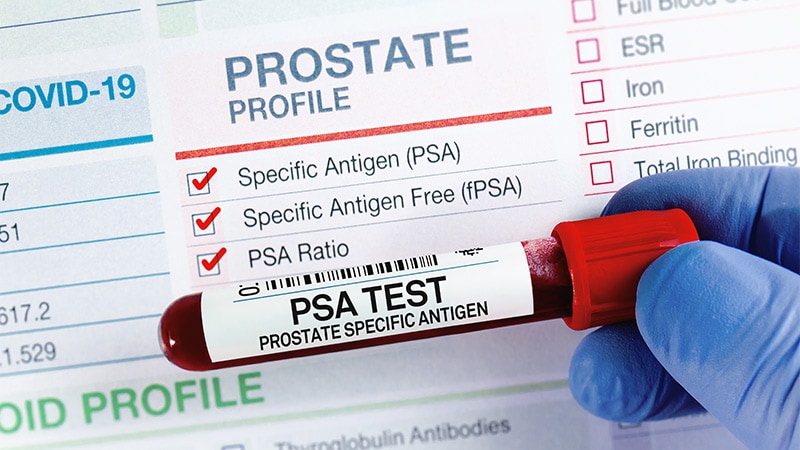More needs to be done to provide treatment and support to men with prostate cancer experiencing sexual dysfunction, according to the authors of a new study.
The population-based study, led by the University of Leeds, included 58,930 men in the UK living 18-42 months after diagnosis of prostate cancer. Participants completed a postal survey, which contained validated measures to assess functional outcomes using the Expanded Prostate Cancer Index Composite short form (EPIC-26), plus questions about use of interventions for sexual dysfunction and the 5-level EuroQol five dimensions questionnaire (EQ-5D-5L).
Mean-adjusted EPIC-26 domain scores were high, indicating good function, except for sexual function.
Across the whole cohort, problems with sexual function were more common than issues in other domains. More than 80% of men reported poor or very poor sexual function and this figure was consistently high across disease stages.
In men with localised disease, 75% reported poor or very poor sexual function, as did 90.4% with stage III, and 96% with stage IV cancer.
However, more than half of men (55.8%) were not offered any intervention to help with this condition. Just 41.4% reported being offered medications to aid or improve erections and only 14.8% were offered specialist services to help with their sex lives.
The authors say service improvements around sexual rehabilitation and measures to reduce the effects of androgen deprivation therapy (ADT) are required. These measures could include wider use of intermittent ADT, the avoidance of unnecessary ADT (for non-metastatic disease), and the use of shorter courses of neoadjuvant treatment (reduced from three years to one year).



